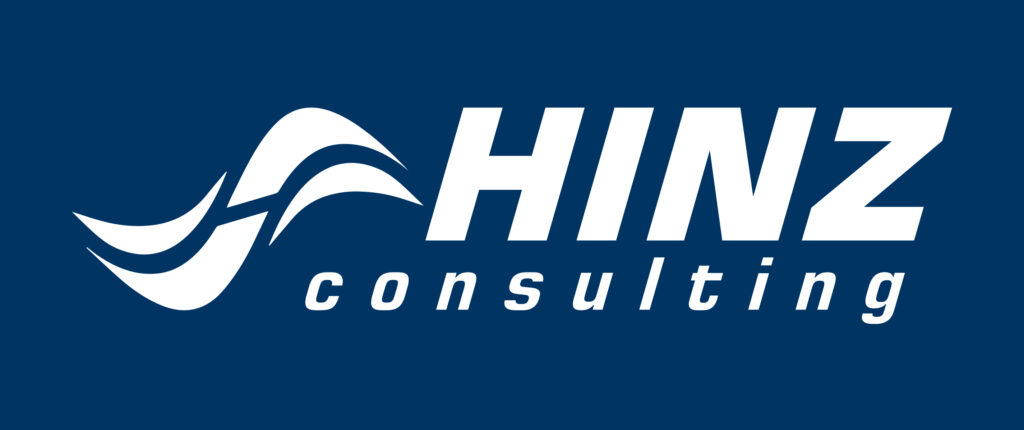The success of any proposal—whether for government contracts, grants, or corporate partnerships—depends heavily on the quality of its content. Proposal content development involves crafting clear, persuasive, and client-focused material that aligns with the requirements of the Request for Proposal (RFP) and positions your organization as the ideal choice. By focusing on key messaging, compliance, and strategic storytelling, you can create a proposal that stands out in a competitive field.
This blog explores the importance of proposal content development, the critical components of strong proposals, and best practices to ensure your content resonates with evaluators.
Why Proposal Content Development Matters:
- Establishes Credibility:
High-quality content demonstrates your organization’s expertise and ability to deliver results, building trust with evaluators. - Highlights Value Proposition:
Clear and persuasive content articulates why your organization is the best choice, emphasizing the unique benefits you bring to the table. - Ensures Compliance:
Proper content development ensures that all RFP requirements are addressed, reducing the risk of disqualification. - Engages Evaluators:
Well-structured and compelling content captures the attention of evaluators and makes your proposal memorable.
Key Components of Proposal Content Development:
- Executive Summary:
The executive summary is often the first section evaluators read. It should provide a concise overview of your proposal, highlighting key benefits and demonstrating alignment with the client’s goals. - Technical Approach:
This section outlines how your organization will deliver the project or service. Provide detailed descriptions of your methods, tools, and processes while ensuring alignment with the RFP’s requirements. - Management Plan:
Explain how your team will manage resources, timelines, and risks to ensure project success. Include organizational charts, team bios, and specific roles and responsibilities. - Past Performance:
Use examples of similar projects or contracts to showcase your track record. Highlight measurable outcomes, such as cost savings, improved efficiency, or timely delivery. - Cost Proposal:
Provide a transparent and competitive pricing structure. Explain how your pricing offers value to the client without compromising quality. - Compliance Matrix:
Create a compliance matrix that maps RFP requirements to corresponding sections in your proposal. This ensures that evaluators can easily verify compliance. - Supporting Documents:
Include appendices or attachments as needed, such as certifications, references, and resumes, to strengthen your proposal.
Steps for Effective Proposal Content Development:

- Understand the RFP Requirements:
Carefully review the RFP to identify key requirements, evaluation criteria, and client priorities. Use this information to guide your content development process. - Develop a Content Outline:
Create a detailed outline that organizes your content logically. Include placeholders for each RFP requirement to ensure nothing is overlooked. - Assign Roles and Responsibilities:
Delegate content development tasks to team members based on their expertise. For example, assign technical sections to subject matter experts and financial sections to pricing specialists. - Focus on the Client’s Needs:
Tailor your content to address the client’s specific challenges and goals. Use the client’s language and terminology to demonstrate understanding and alignment. - Incorporate Win Themes:
Identify and emphasize win themes—key messages that differentiate your proposal and align with the client’s priorities. Examples include cost-effectiveness, innovation, or superior performance. - Use Clear and Concise Language:
Avoid jargon and overly technical language unless it is necessary for the audience. Write in a clear, concise, and professional tone. - Include Visuals:
Enhance readability with visuals such as charts, graphs, and infographics. These elements help convey complex information in an easily digestible format. - Conduct Multiple Reviews:
Schedule multiple review cycles to refine the content. Involve compliance specialists, editors, and external reviewers to ensure quality and compliance.
Best Practices for Proposal Content Development:
- Start Early:
Begin content development as soon as the RFP is issued. Early planning allows for thorough research, collaboration, and revisions. - Leverage Templates:
Use standardized templates to streamline content development and maintain consistency across proposals. - Focus on Benefits:
While detailing features is important, emphasize the benefits your solution brings to the client. Explain how your approach solves their challenges and delivers value. - Proofread and Edit:
Invest time in proofreading and editing to eliminate errors and improve readability. Well-written content reflects professionalism and attention to detail. - Tailor Content for Evaluators:
Consider the perspective of evaluators. Ensure your proposal is easy to navigate and addresses evaluation criteria directly.
Common Challenges in Proposal Content Development:
- Time Constraints:
Tight deadlines can compromise content quality. Mitigate this by starting early and prioritizing tasks. - Misaligned Messaging:
Failing to align your content with the client’s goals can weaken your proposal. Focus on understanding the client’s needs and tailoring your approach. - Inconsistent Tone or Style:
Inconsistent writing styles can make your proposal appear disjointed. Use templates and style guides to ensure consistency. - Overlooking Compliance:
Missing or incomplete sections can lead to disqualification. Use a compliance matrix to track and verify content against RFP requirements.
How to Leverage Hinz Consulting for Proposal Content Development:
Hinz Consulting specializes in developing high-quality proposal content tailored to meet RFP requirements and client needs. Our expertise ensures that your proposals:
- Address all RFP requirements with clarity and precision.
- Highlight your organization’s unique strengths and value proposition.
- Incorporate win themes that resonate with evaluators.
- Maintain compliance and professionalism throughout.
Conclusion:
Proposal content development is the foundation of a successful submission. By focusing on the client’s needs, ensuring compliance, and delivering clear and persuasive content, you can create proposals that stand out and win contracts. With proper planning, collaboration, and attention to detail, your proposals will not only meet expectations but exceed them.
For businesses seeking expert guidance, Hinz Consulting provides tailored support to streamline content development and maximize proposal impact. Contact us to learn more!


